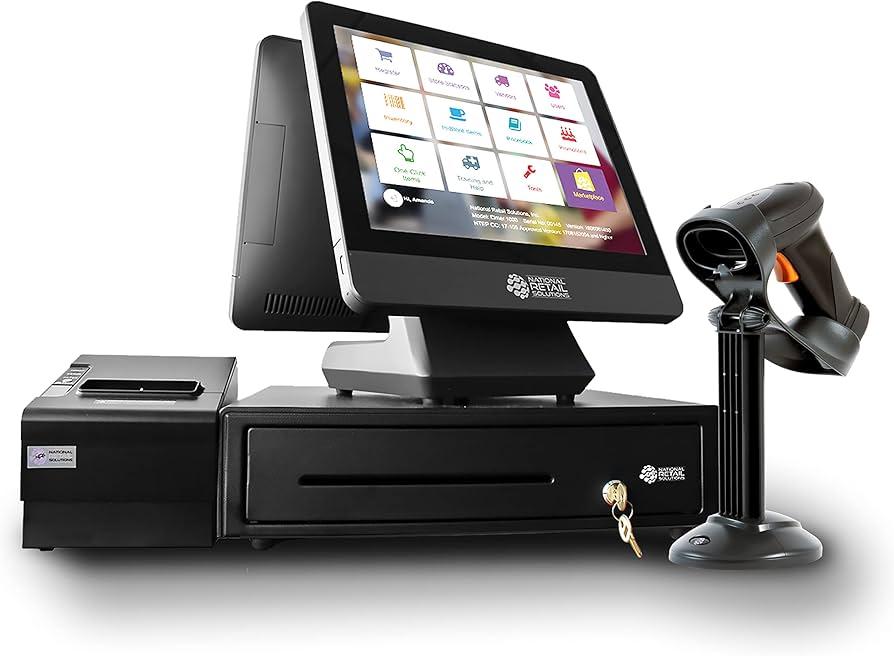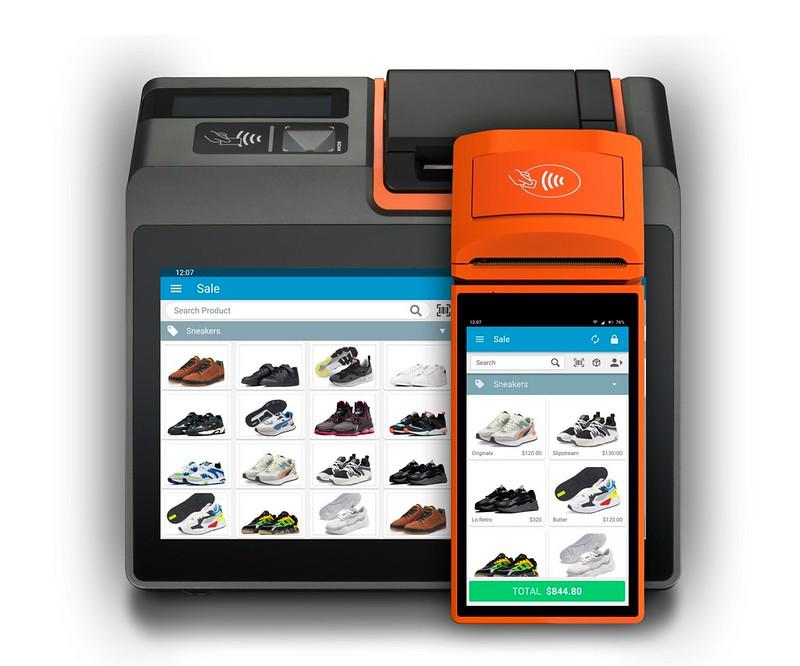
In today’s fast-paced retail landscape, having a reliable and efficient point of sale (POS) system is crucial for success.A retail POS system is the backbone of any retail operation, enabling businesses to manage sales, track inventory, and provide excellent customer service. In this comprehensive guide, we will delve into the world of retail POS systems, exploring their benefits, features, and best practices for implementation.
Introduction to Retail POS Systems
A retail POS system is a software and hardware solution that enables retailers to process transactions, manage inventory, and analyze sales data. These systems have evolved substantially over the years, from traditional cash registers to modern, cloud-based solutions that offer a wide range of features and functionalities. with a retail POS system, businesses can streamline their operations, improve customer experience, and increase revenue.
Benefits of Retail POS Systems
the benefits of retail POS systems are numerous and significant. Some of the most notable advantages include:
Improved efficiency: Retail POS systems automate many tasks, such as inventory management and sales tracking, freeing up staff to focus on customer service and sales.
Enhanced customer experience: Modern POS systems offer a range of features, such as mobile payments and loyalty programs, that enhance the shopping experience and encourage customer loyalty.
Increased revenue: By providing valuable insights into sales data and customer behavior, retail POS systems can help businesses identify opportunities to increase revenue and optimize their operations.
Better inventory management: Retail POS systems enable businesses to track inventory levels in real-time, reducing the risk of stockouts and overstocking.
Simplified reporting and analytics: POS systems provide detailed reports and analytics, making it easier for businesses to track their performance and make informed decisions.
Key Features of Retail POS Systems
When selecting a retail POS system, there are several key features to consider. These include:
Inventory management: The ability to track inventory levels, monitor stock movements, and automate reordering.
Sales tracking: The ability to track sales data, including sales by product, category, and location.
Customer management: The ability to manage customer facts, including contact details, purchase history, and loyalty program data.
Payment processing: The ability to process various payment types, including credit cards, mobile payments, and cash.
Integration with othre systems: The ability to integrate with other business systems, such as accounting software and e-commerce platforms.
| feature | Benefits |
|---|---|
| Inventory management | Reduced stockouts and overstocking, improved inventory turnover |
| Sales tracking | Improved sales insights, enhanced customer experience |
| Customer management | Improved customer loyalty, personalized marketing and promotions |
| Payment processing | Increased payment options, improved security and efficiency |
| Integration with other systems | Streamlined operations, improved data accuracy and consistency |
Practical Tips for Implementing a Retail POS System
Implementing a retail POS system requires careful planning and execution. Hear are some practical tips to consider:
Assess your business needs: Determine the specific features and functionalities you require from your POS system.
Choose a scalable solution: Select a POS system that can grow with your business, adapting to changing needs and requirements.
Train your staff: Provide comprehensive training to ensure that your staff are comfortable using the POS system and can provide excellent customer service.
Monitor and evaluate performance: Regularly review your POS system’s performance, identifying areas for advancement and optimizing your operations.
Consider cloud-based solutions: Cloud-based POS systems offer greater flexibility, scalability, and cost savings, making them an attractive option for many retailers.
Case Studies: Real-World Examples of Retail POS Systems in Action
Several retailers have successfully implemented retail POS systems, achieving significant benefits and improvements. Such as:
Nike: The sports retailer implemented a cloud-based POS system,enabling them to streamline their operations,improve customer experience,and increase revenue.
Starbucks: The coffee chain implemented a mobile POS system, enabling customers to order and pay using their mobile devices, reducing wait times and improving customer satisfaction.
Sephora: The beauty retailer implemented a POS system with advanced inventory management and customer management features, enabling them to improve customer loyalty and increase sales.
First-Hand Experience: Lessons Learned from Implementing a Retail POS System
Implementing a retail POS system can be a complex and challenging process. Here are some lessons learned from first-hand experience:
Be prepared for setup and training: Implementing a POS system requires significant setup and training,so be prepared to invest time and resources.
Test and pilot the system: Test and pilot the POS system before rolling it out to all locations, to ensure that it meets your business needs and is user-amiable.
Provide ongoing support: Provide ongoing support and training to your staff, to ensure that they are comfortable using the POS system and can troubleshoot any issues that arise.
Monitor and evaluate performance: Regularly review your POS system’s performance, identifying areas for improvement and optimizing your operations.
Benefits and Practical Tips for Specific retail Industries
Different retail industries have unique needs and requirements. Here are some benefits and practical tips for specific retail industries:
Fashion retail: Implement a POS system with advanced inventory management and customer management features, to improve customer loyalty and increase sales.
Food and beverage retail: Implement a POS system with mobile payment and loyalty program features, to enhance the customer experience and increase revenue.
* Pharmacy retail: Implement a POS system with advanced inventory management and patient management features, to improve patient care and increase efficiency.
| Industry | Benefits | practical Tips |
|---|---|---|
| Fashion retail | Improved customer loyalty, increased sales | Implement advanced inventory management and customer management features |
| Food and beverage retail | Enhanced customer experience, increased revenue | Implement mobile payment and loyalty program features |
| Pharmacy retail | Improved patient care, increased efficiency | Implement advanced inventory management and patient management features |
Conclusion
retail POS systems are a crucial component of any retail operation, enabling businesses to streamline their operations, improve customer experience, and increase revenue. By understanding the benefits, features, and best practices for implementation, retailers can revolutionize their stores and stay ahead of the competition. Whether you’re a small, autonomous retailer or a large, multi-location chain, a retail POS system can help you achieve your business goals and succeed in today’s fast-paced retail landscape. With the right POS system, you can improve efficiency, enhance customer experience, and increase revenue, making it an essential investment for any retail business.



